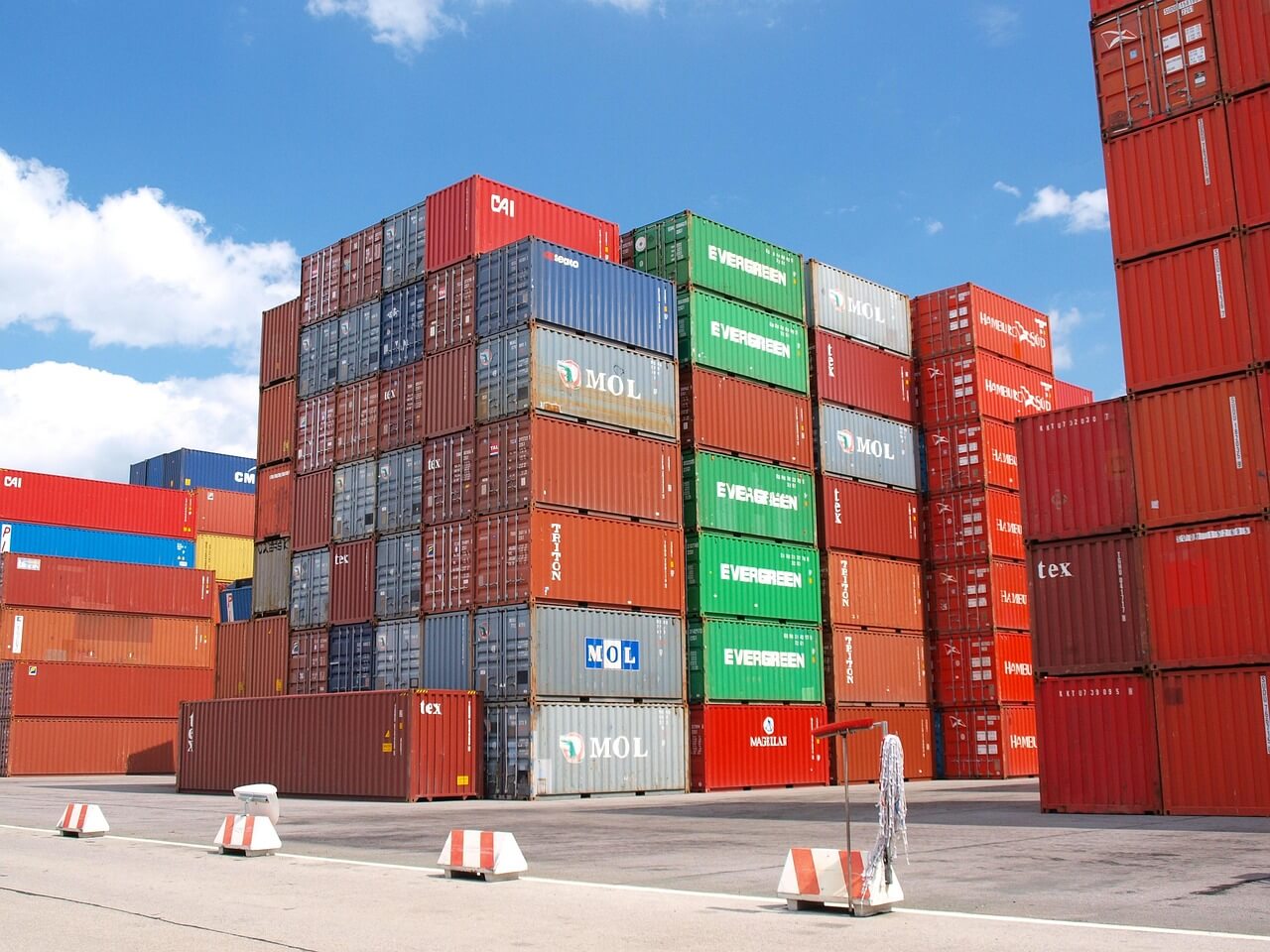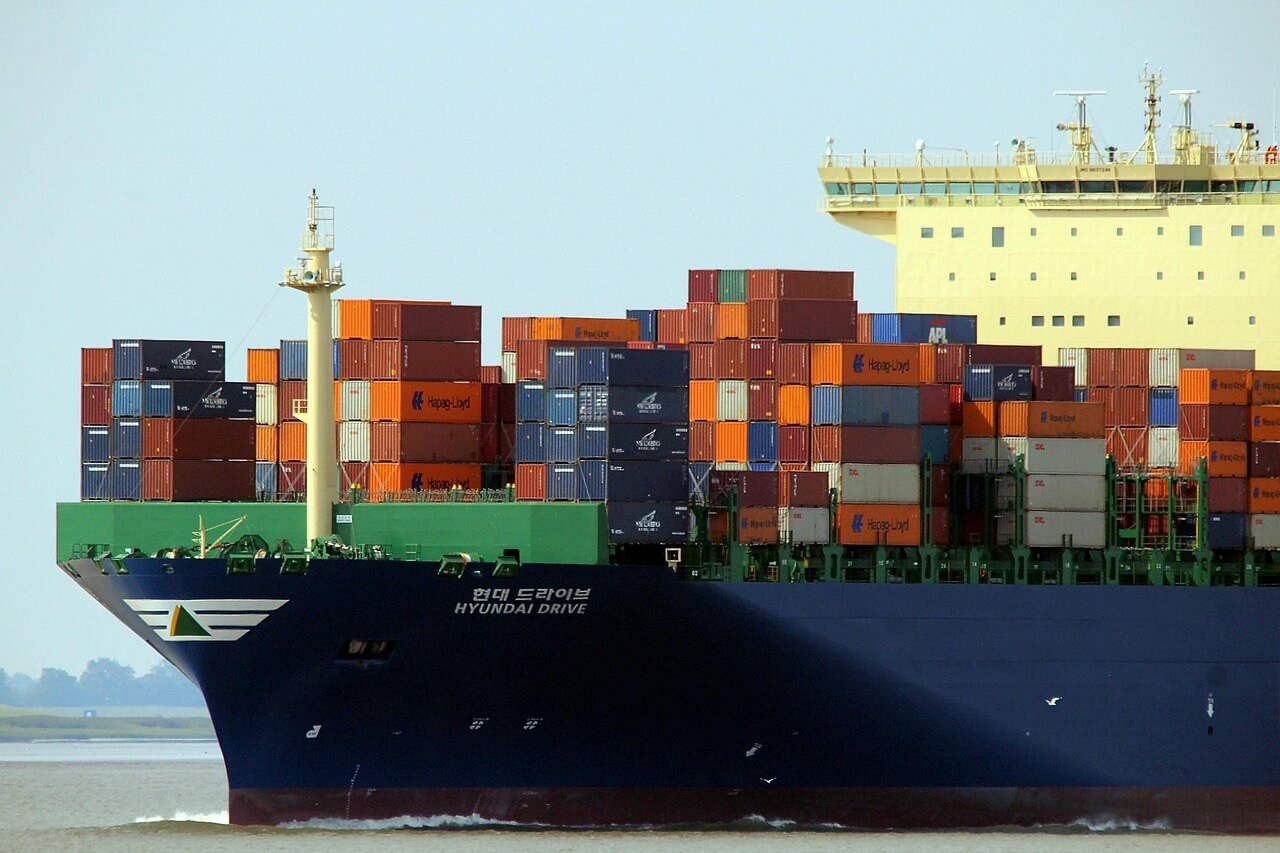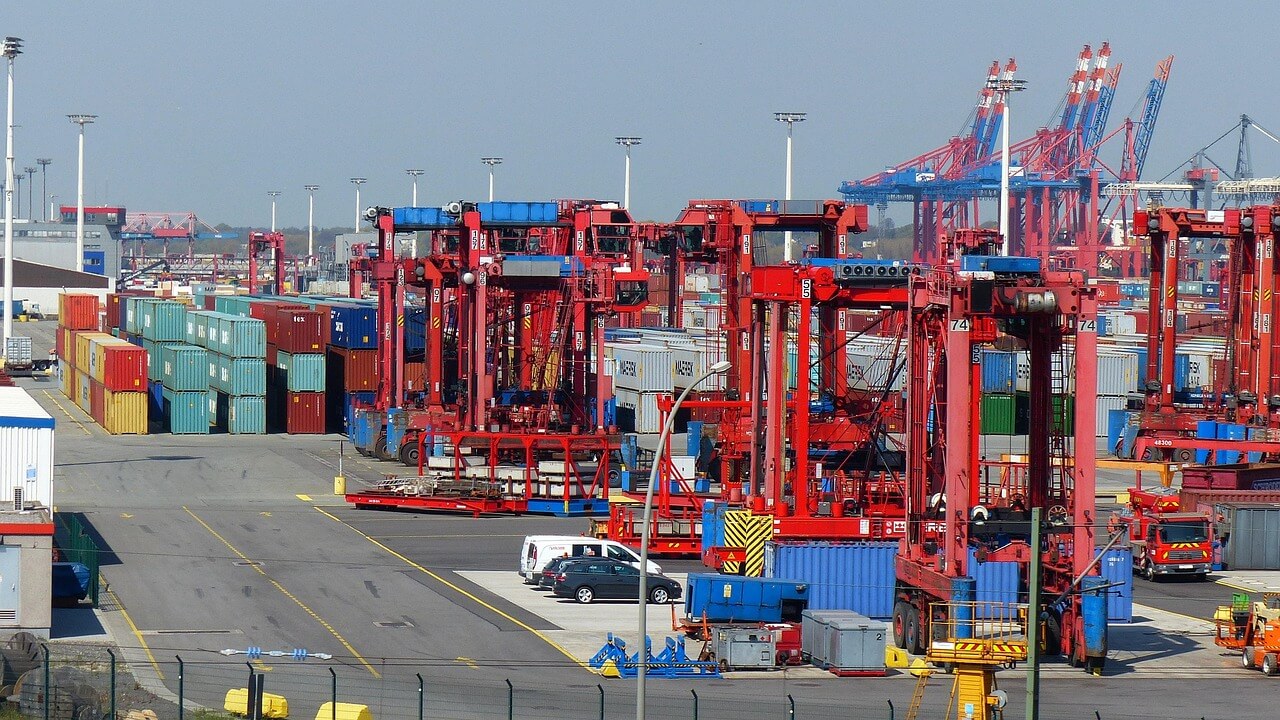
28
Apr
UAE freight forwarding import and export, fee adjustment rules
阿联酋Freight Forwarder进出口费用调整规则
The United Arab Emirates (UAE) is a significant hub for global trade and commerce, with its strategic location, efficient ports, and robust infrastructure facilitating the import and export of goods. As a result, freight forwarders operating in this region play a pivotal role in ensuring smooth trade flows. To facilitate the process further, there are certain adjustments made to freight forwarding fees in the UAE, which are important for businesses to understand.
1. Basic Structure of Fees: The standard fees for freight forwarding services in the UAE typically include transportation costs, handling charges, customs clearance fees, documentation costs, and other associated expenses. These fees are adjusted periodically based on market conditions, changes in regulations, and other relevant factors.
2. Market Dynamics: The cost of freight forwarding services in the UAE is influenced by various market dynamics such as global economic conditions, fuel prices, exchange rates, and demand and supply factors. Freight forwarders need to closely monitor these dynamics to ensure accurate fee adjustments.
3. Regulatory Changes: The UAE government periodically updates its import and export regulations, which may impact the cost of freight forwarding services. For instance, changes in customs clearance procedures or regulatory tariffs may require freight forwarders to adjust their fees accordingly.
4. Service Quality and Additional Services: Freight forwarders in the UAE offer a range of services beyond basic transportation and customs clearance. These include warehousing, packaging, logistics management, and other value-added services. The fees for these additional services are often adjusted based on the specific requirements of the client and the complexity of the task.
5. Contractual Arrangements: Many freight forwarding agreements are based on long-term contracts with fixed fees. However, there may be instances where adjustments to fees are necessary due to unforeseen circumstances or changes in the agreed scope of work. In such cases, the freight forwarder and the client may need to negotiate a fee adjustment based on agreed terms and conditions.
6. Transparency and Communication: It is important for freight forwarders in the UAE to maintain transparency with their clients regarding fee adjustments. Regular communication about fee changes, along with explanations about the reasons for such adjustments, helps build trust and ensures smooth operations.
In conclusion, understanding the fee adjustment rules for freight forwarding services in the UAE is crucial for businesses engaged in import and export activities. By staying informed about market dynamics, regulatory changes, and contractual arrangements, freight forwarders can ensure efficient and cost-effective services to their clients while maintaining transparency and fostering trust.
The United Arab Emirates (UAE) is a significant hub for global trade and commerce, with its strategic location, efficient ports, and robust infrastructure facilitating the import and export of goods. As a result, freight forwarders operating in this region play a pivotal role in ensuring smooth trade flows. To facilitate the process further, there are certain adjustments made to freight forwarding fees in the UAE, which are important for businesses to understand.
1. Basic Structure of Fees: The standard fees for freight forwarding services in the UAE typically include transportation costs, handling charges, customs clearance fees, documentation costs, and other associated expenses. These fees are adjusted periodically based on market conditions, changes in regulations, and other relevant factors.
2. Market Dynamics: The cost of freight forwarding services in the UAE is influenced by various market dynamics such as global economic conditions, fuel prices, exchange rates, and demand and supply factors. Freight forwarders need to closely monitor these dynamics to ensure accurate fee adjustments.
3. Regulatory Changes: The UAE government periodically updates its import and export regulations, which may impact the cost of freight forwarding services. For instance, changes in customs clearance procedures or regulatory tariffs may require freight forwarders to adjust their fees accordingly.
4. Service Quality and Additional Services: Freight forwarders in the UAE offer a range of services beyond basic transportation and customs clearance. These include warehousing, packaging, logistics management, and other value-added services. The fees for these additional services are often adjusted based on the specific requirements of the client and the complexity of the task.
5. Contractual Arrangements: Many freight forwarding agreements are based on long-term contracts with fixed fees. However, there may be instances where adjustments to fees are necessary due to unforeseen circumstances or changes in the agreed scope of work. In such cases, the freight forwarder and the client may need to negotiate a fee adjustment based on agreed terms and conditions.
6. Transparency and Communication: It is important for freight forwarders in the UAE to maintain transparency with their clients regarding fee adjustments. Regular communication about fee changes, along with explanations about the reasons for such adjustments, helps build trust and ensures smooth operations.
In conclusion, understanding the fee adjustment rules for freight forwarding services in the UAE is crucial for businesses engaged in import and export activities. By staying informed about market dynamics, regulatory changes, and contractual arrangements, freight forwarders can ensure efficient and cost-effective services to their clients while maintaining transparency and fostering trust.
LEAVE YOUR COMMENT
categories
recentpost
-
 How can freight forwarders achieve efficient logistics and shipping from China to Tanzania?Apr 30,2025
How can freight forwarders achieve efficient logistics and shipping from China to Tanzania?Apr 30,2025 -
 What are the guarantee measures for transportation and transaction services from China to the UnitedApr 30,2025
What are the guarantee measures for transportation and transaction services from China to the UnitedApr 30,2025 -
 How is the international freight delivery service for transporting goods to Saudi Arabia?Apr 30,2025
How is the international freight delivery service for transporting goods to Saudi Arabia?Apr 30,2025 -
 What is the delivery time for international freight from China to Kenya?Apr 30,2025
What is the delivery time for international freight from China to Kenya?Apr 30,2025 -
 What is the customs clearance process for global land transportation from China to the United Arab EApr 30,2025
What is the customs clearance process for global land transportation from China to the United Arab EApr 30,2025 -
 Shipping Guide from China to Qatar: How to Calculate LCL Shipping Cost?Apr 30,2025
Shipping Guide from China to Qatar: How to Calculate LCL Shipping Cost?Apr 30,2025

